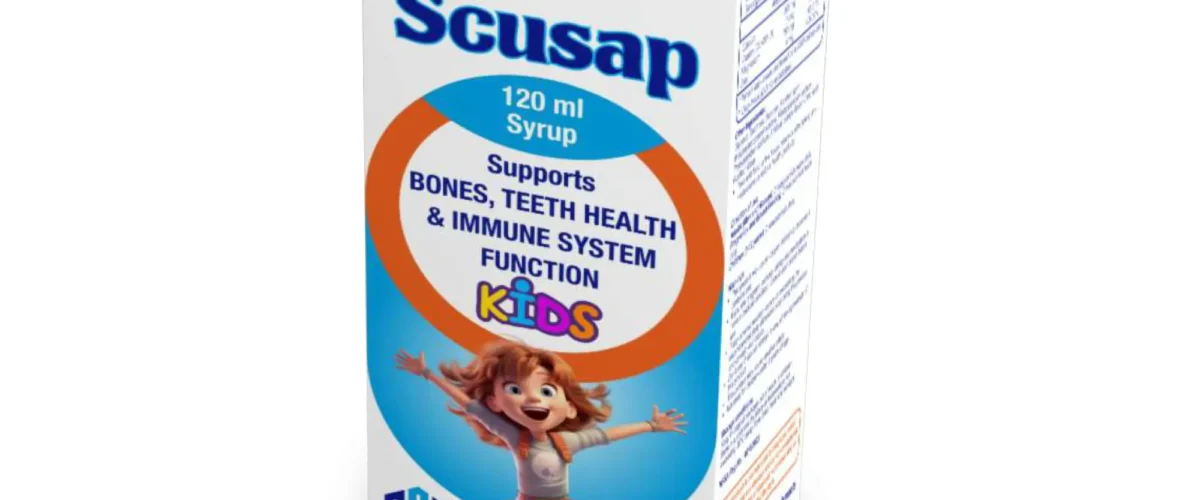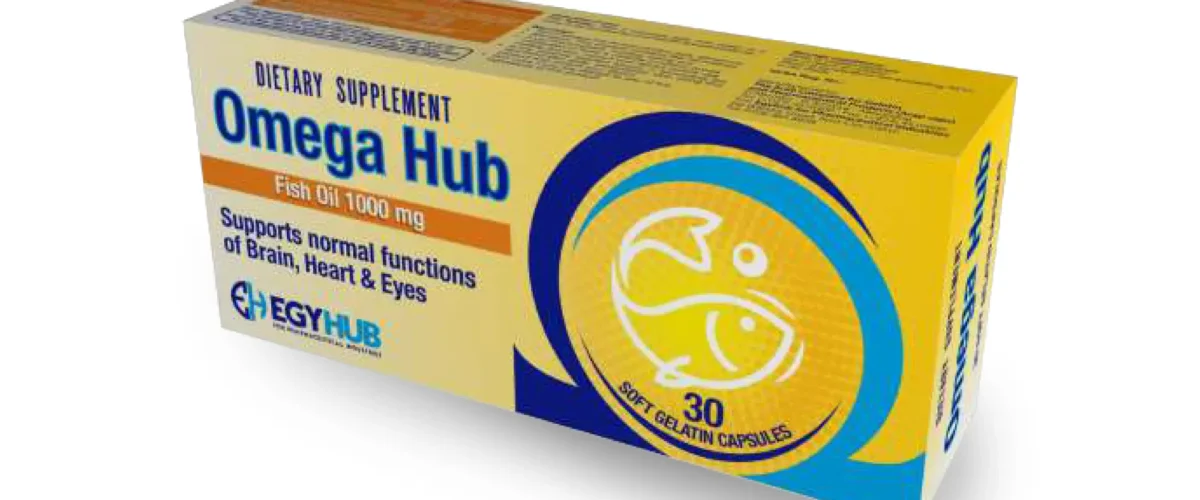
Your Guide to Vitamin D Benefits
Your Guide to Vitamin D3 Benefits
Getting enough Vitamin D helps the growth and development of bones and teeth.
It may also provide improved resistance to certain diseases.
Vitamin D is a fat-soluble Vitamin in a family of compounds that includes Vitamins D1, D2, and D3.
Your body produces Vitamin D naturally when it’s directly exposed to sunlight.
You can also get Vitamin D from certain foods and supplements to ensure adequate levels of the Vitamin in your blood.
Vitamin D has several important functions. Perhaps the most vital are regulating the absorption of calcium and phosphorus and facilitating healthy immune system function.
Getting enough vitamin D is important for the typical growth and development of bones and teeth and for improving resistance to certain diseases.
Here is more information about the benefits of Vitamin D, its downsides, how much you need, and foods with Vitamin D.
- Vitamin D may fight disease
- Vitamin D regulates mood and reduce depression
- Vitamin D supports weight loss
Vitamin D deficiency
Several factors can affect your ability to get adequate Vitamin D from sunlight alone.
You may be less likely to absorb enough Vitamin D from the sun if you:
- Live in an area with high pollution
- Use sunscreen
- Spend most of your time indoors
- Live in a big city where buildings block sunlight
- Have darker skin (the higher the levels of melanin, the less Vitamin d your skin can absorb.
Is it good to take Vitamin D every day?
If you receive a diagnosis of Vitamin D deficiency, a healthcare professional will likely recommend that you take Vitamin D supplements.
If you have a severe deficiency, they may instead recommend high dose Vitamin D tablets or liquids.
You should also make sure to get Vitamin D through sunlight and the foods you eat.
https://www.healthline.com/health/food-nutrition/benefits-Vitamin-d
May 20, 2024
Written By: Shahzadi Devje, RD, CDE, MSc. Edited By:Alina Sharon. Medically Reviewed By: Jerlyn Jones, MS MPA RDN LD CLT
Buy now


